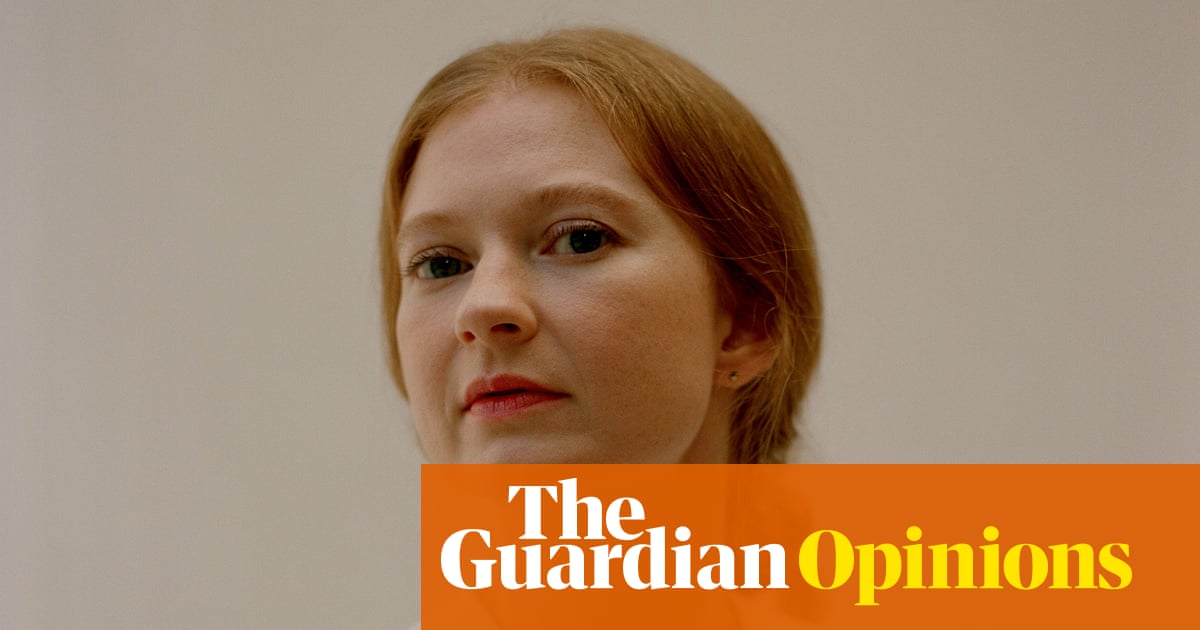
"When I first started researching antinatalism a few years ago I presumed its proponents would be losers and edgelords. You know, those men who love playing devil's advocate. Incels masquerading as philosophers and 14-year-olds who have just discovered Nietzsche. The world's most famous antinatalist academic, David Benatar, has a book called The Second Sexism: Discrimination Against Men and Boys. I remember rolling my eyes back into my skull, thinking: here we go."
"Why did I start down this red pill rabbit hole? Well, I was about to turn 30, and I'm someone who tries to do the right thing. I wanted to know if having a kid, on this burning planet, was the right thing. In 2021 Ipsos released their Perils of Perception: Climate Change paper in which they declared that the single most effective things a person from a rich country (like mine) could do to reduce greenhouse gas emissions was: have one less child."
"It is fair to criticise the very idea of an individual carbon footprint. After all, it was a genius piece of PR propaganda created by BP to shift focus away from the 100 companies who emit 71% of climate-damaging carbon dioxide emissions worldwide. But in Australia, Scott Morrison won the 2019 election after he'd brought a lump of coal into parliament in 2017. I couldn't see much cause for optimism about systemic change."
Antinatalism frames procreation as an ethical question linked to inevitable human suffering and environmental crises. Advocates emphasize compassion and a desire to minimise harm when weighing whether to bring new life into a damaged world. Climate data and political realities, including individual carbon footprint messaging and the dominance of major polluters, influence the argument that having fewer children reduces greenhouse gas emissions. Cultural stereotypes portray antinatalists as fringe or antagonistic figures, yet many hold nuanced, sometimes conflicting ideas united by concern for reducing suffering and doubt about effective systemic change.
Read at www.theguardian.com
Unable to calculate read time
Collection
[
|
...
]